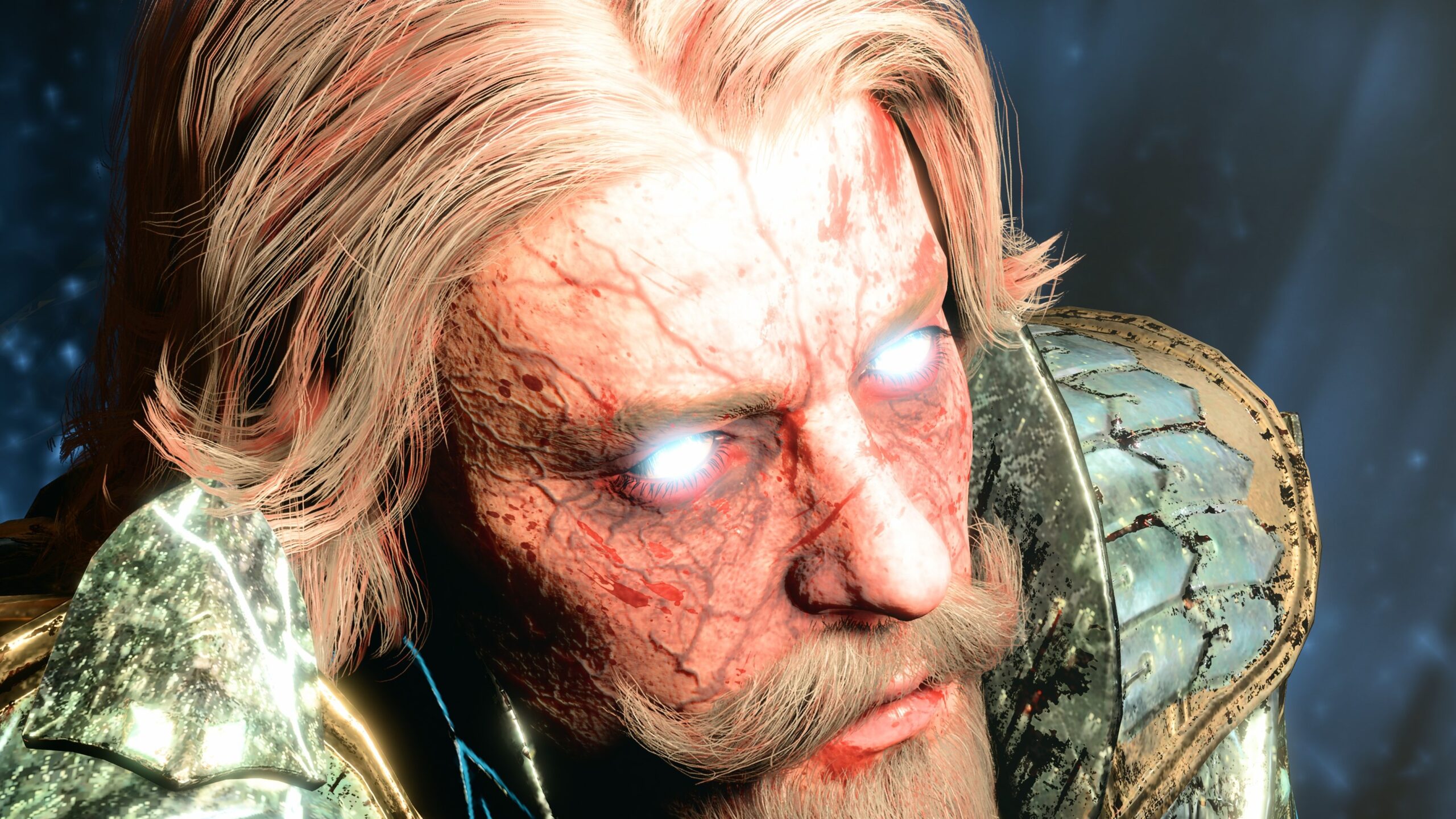When I played Baldur’s Gate 3 back in the autumn, I decided to roll with a Dark Urge Paladin, and it was such a fascinating experience that I wrote a whole article about it. But to give you the notes, combining a class that’s sworn to abide by justice with a character who just flippin’ loves murder creates an incredible internal conflict, leading to a character arc which, for me, felt like the closest you could come to a canonical playthrough of BG3.
I’m sure everyone says that, because BG3 is designed to make whatever character you create fold into the story in a way that feels like it was always meant to be. As it turns out, though, I might have been closer to the mark than I thought, at least according to what the game’s own developers say.
Speaking to IGN’s Kat Bailey, Larian’s CEO Swen Vincke and lead writer Adam Smith discussed the development of the Dark Urge character. In the interview, Bailey says she’s considered rolling a Dark Urge Paladin for her next playthrough to which Smith responds “I think a Dark Urge Paladin is super interesting.” At this point Vincke reveals “The default class was originally going to be Paladin, but then we started thinking about it and said, actually that’s bringing in a lot of narrative problems, so we’ll let them make that choice themselves. But we’re not going to plug it in like that because it actually does have issues in role-playing.”
In the final game, the Dark Urge’s default profile is a Dragonborn Sorcerer, but you can choose to play them as any race or class, including Paladin. Vincke doesn’t explain what the narrative problems caused by playing a Dark Urge Paladin are, but one of them is likely the simple contradiction at the heart of the character. If you play as a Dark Urge Paladin, this contradiction is actually acknowledged when the true nature of the Dark Urge is revealed. But Larian never fully explains how a character so monstrous could become a Paladin in the first place.
(Image credit: Larian Studios)
Another potential issue is referred to by Smith shortly afterward. Citing an early moment in the game where you have to help Lae’zel escape from a trap created by tiefling refugees, a situation that’s particularly hard for Paladins to get around, Smith adds “It’s also very hard to keep your oath if you’re the Dark Urge”.
To extrapolate, Paladins are sworn to one of three oaths at the outset of the game. These can be broken in various ways, but murdering innocent people is generally a no-no. Since the Dark Urge can literally murder people in their sleep, this makes it extremely tricky to uphold your oath. The way the Dark Urge’s storyline can intersect with the Paladin class is fascinating, but it’s also a lot to take in, and can result in your hand being forced in some quite extreme ways.
For example, my Dark Urge Paladin gutted the lovely tiefling bard Alfira while snoozing, then no sooner had he awoken and cleaned up after himself, the oathbreaking sequence kicked in, which is another huge, dramatic moment. Seeing these moments back-to-back is incredibly cool, but it also means dealing with some heavy stuff very early in the game, and I can understand why Larian might not want to expose new or inexperienced players to the full force of both the Dark Urge and Oathbreaker Paladin storylines
Nonetheless, it’s neat to hear that the amazing story I experienced had actually been part of the original plan for the Dark Urge. IGN’s interesting has a lot of other interesting things to say about Baldur’s Gate 3 too, such as how little Lae’zel’s character changed during development, and that one of the game’s villains was originally programmed to kidnap whichever character you romanced.











